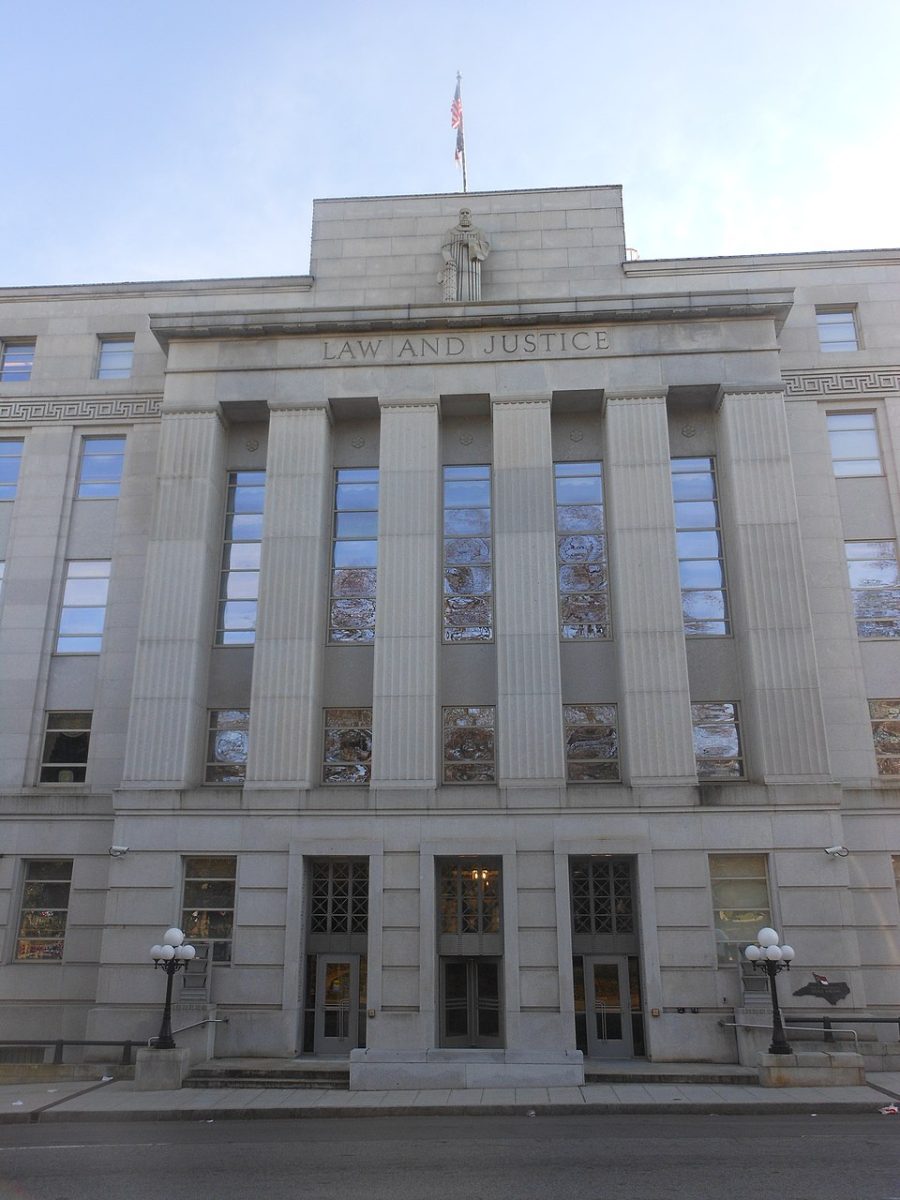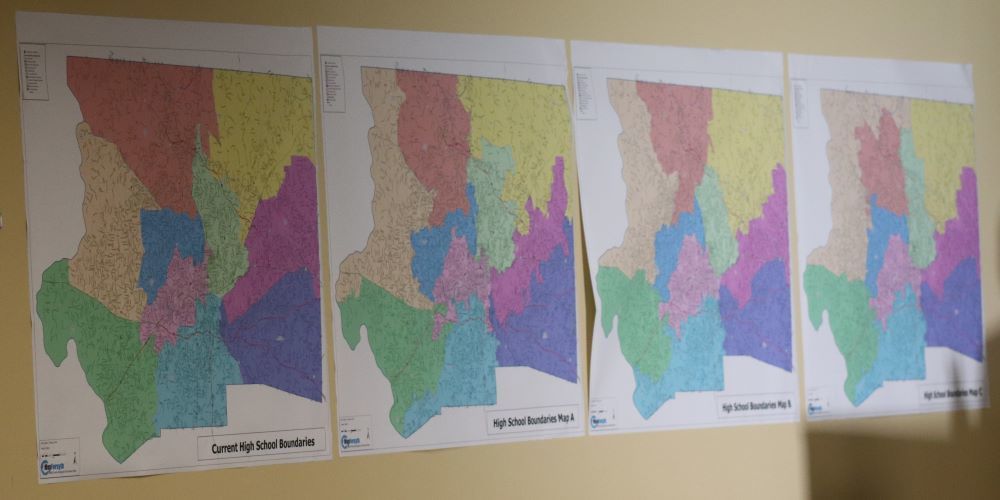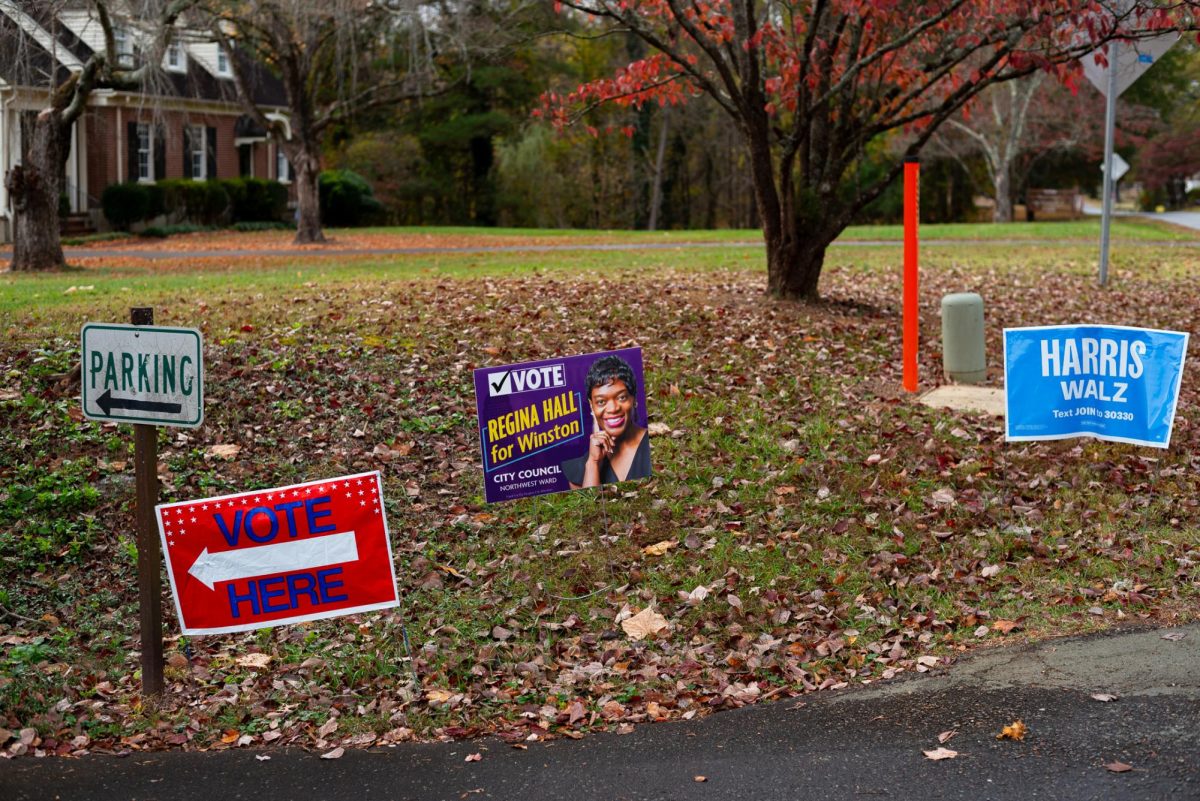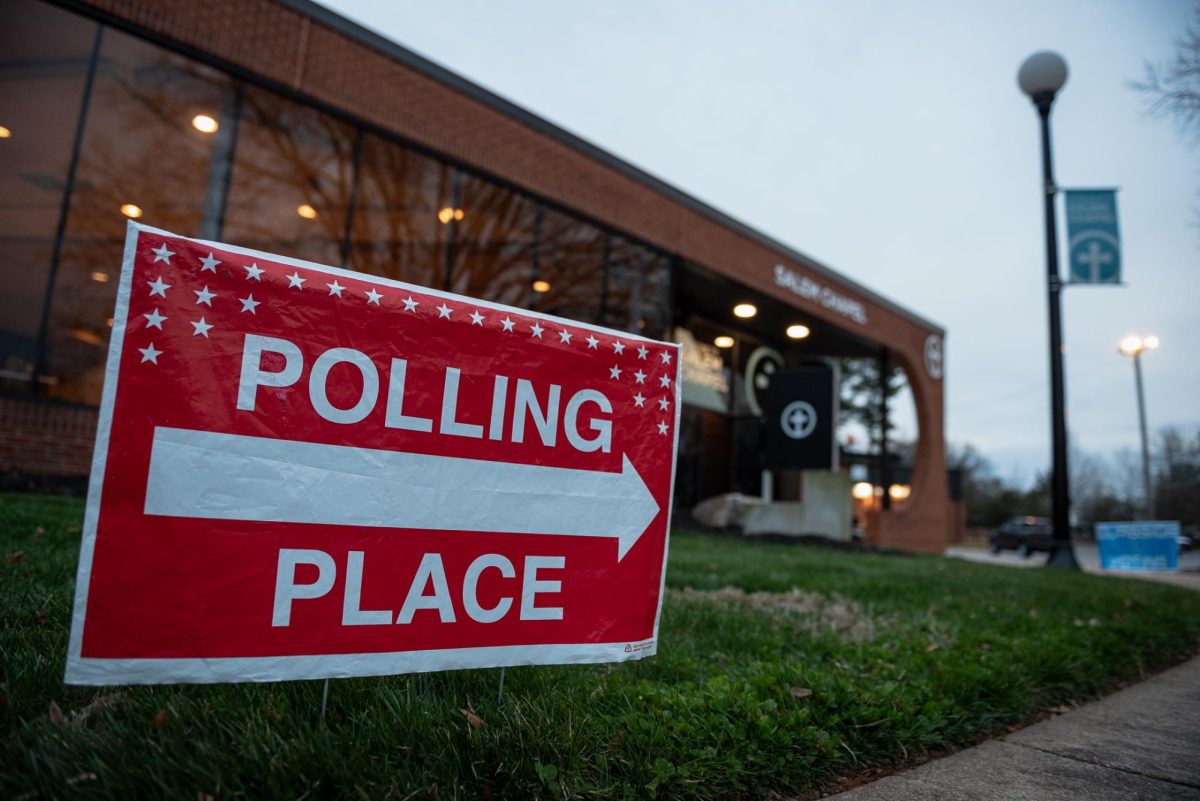On April 4, the North Carolina Court of Appeals ordered about 65,000 voters to verify their identities within 15 days of notice or have their ballots thrown out. This ruling was a win for Jefferson Griffin, the Republican candidate, who has fought for months in court to throw these ballots out. Justice Allison Riggs, his Democratic opponent, who won the election by 734 votes, has already appealed this decision to the N.C. Supreme Court, her only avenue left.
In a 2-1 ruling on the N.C. Court of Appeals, a ruling was issued in favor of Griffin, ordering the estimated 65,000 voters to verify their identities through social security or a valid driver’s license within 15 days, or the votes would be tossed out. It is unclear what this verification process will look like — and whether the affected votes are contested for every race in the 2024 election or only for the judicial race.
Recap: 65,000 ballots contested
In November 2024, Riggs won the election against Griffin, the Republican candidate, maintaining her seat on the N.C. Supreme Court. In a recount performed immediately after the election, the State Board of Elections reaffirmed Riggs’s victory, but Griffin still pursued his lawsuit.
He sought to throw out 65,000 ballots that did not have valid identification on their registration. However, it is required to show an ID at the voting booth or through mail in the state of North Carolina. Because of this, many Democrats, including Riggs, challenged the validity of this argument.
According to Riggs, changing the laws after an election is also dangerous to the integrity of a vote. In a previous statement before the court, she underlined the harmful precedent this could set for future elections.
“Rather than suing before an election to challenge rules they do not believe are valid, candidates will have an incentive to say nothing and wait to see if they win,” Riggs said in a court document. “Then if they lose, they will drag out elections through litigation for months, seeking to throw out votes until they win.”
Republicans in August of 2024 sought to purge thousands of registrants from the voter rolls because they were improperly registered.
However, per federal law, one cannot purge voters within 90 days of an election, so this case was postponed until after the election. The race was recounted, including the contested ballots, and Riggs was declared the winner. Our previous coverage can be found here.
The court’s ruling
According to the New York Times, the Republican judges on the panel wrote in the majority opinion that the possibility of one unlawful vote “disenfranchises lawful voters.” The Democratic judge on the panel argued, however, that “changing the rules” after an election was “directly counter to law, equity, and the Constitution.”
The majority on the court ruled that “Never Residents” voters, those who have never lived in the state of North Carolina but are registered to vote here, should have their votes tossed out as well. These voters are usually the children of members of the military who are stationed overseas and who just recently turned 18. This ruling thus invalidates a 2011 law allowing “Never residents” to vote in elections.
Voters that will need to have their identities verified are required to present their IDs at the voting booth or through mail. However, Griffin has argued that since they did not verify their identity while registering to vote, their ballots are invalid. Affected voters will have 15 days to verify their identity by presenting their ID or social security at a government office or through the mail.
The election board and Riggs’s lawyers have argued that “voters should not be punished for a supposed administrative error that was not their fault.” Furthermore, “retroactively tossing out their ballots, they argue, would amount to changing the rules after the game has been played, according to the New York Times. Conversely, the N.C. Republican party has stood by Griffin throughout this whole ordeal, even as some members have wavered.
It is difficult to know what the future will hold for this case, but Riggs has already appealed this decision to the N.C. Supreme Court, who will likely hear the case in a matter of days. Anderson Clayton, the NC Democratic Party chair, tweeted, “North Carolina Democrats WILL fight this decision.”
Riggs released a statement vowing to “stand up for the rights of voters in this state.”
NCGOP spokesperson Matt Mercer said, “for months, Judge Griffin and the NCGOP have endured baseless attacks and incendiary rhetoric in this matter. Throughout this time, our position has been consistent: when the debate is about the merits, Judge Griffin will prevail in his election integrity concerns.”
Voters should continue to stay informed on this issue, and stay up to date on the status of their ballot. A list of the contested ballots can be found here.
Editor’s note: This is a developing story.















David Meminger • Apr 6, 2025 at 1:23 pm
So it took political class 5 months to get to this point and those with contested ballots now have 15 days to re-prove their identity. We travel out of state, as I’m sure plenty of others do, with majority of trips longer than 15 days. To say I’m disenchanted with our current political class is an understatement. Plainly, this is voter suppression.